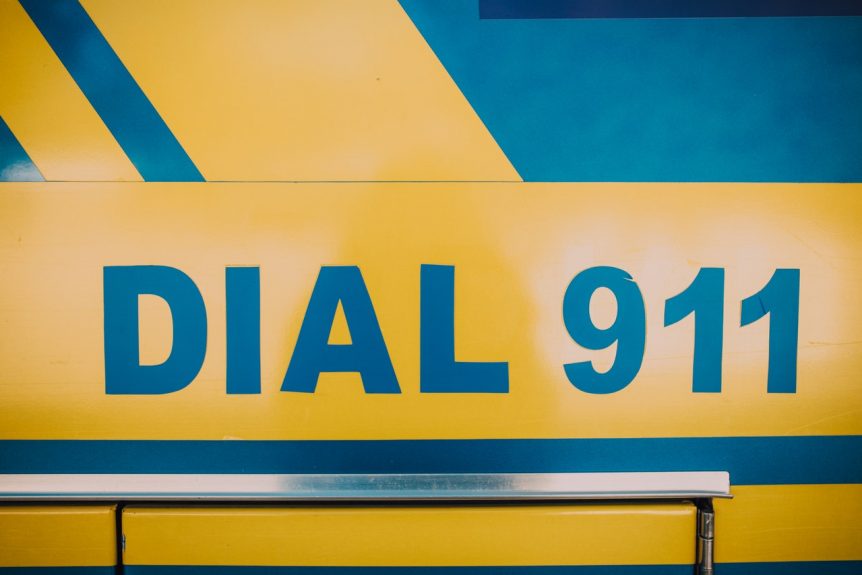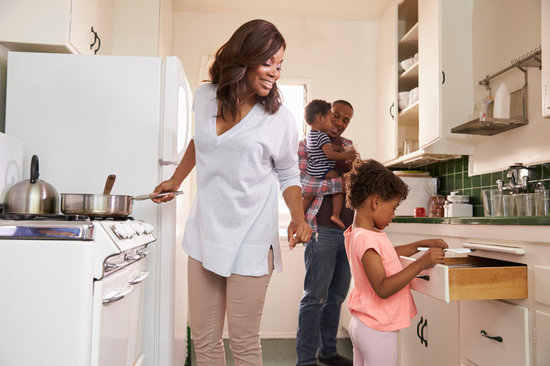Emergencies are part of life. It can happen to anyone. For adults, they can seemingly manage to navigate the rough tides of an emergency. But, how do you prepare a child for an emergency situation?
Children, even though little, can sense an emergency, hence the need to prepare them to be able to handle one and be calm too while at it. Therefore, parents, grandparents, guardians or anyone handling children should please prepare them to handle an emergency situation.
In fact, your child knowing how to handle an emergency can be an adult’s life-saving action. It is also a survival instinct for them. Nine, one, one (911), the United States of America's emergency line, has several instances of children saving their parents in a critical condition by just knowing what to do and say to the 911 call responders.
The below-listed points are some of the ways to prepare your children for emergencies.
Subscribe to Dazzling Insights Blog
You will be notified as soon as a new article is published
#1. Let them know emergency lines to call—medical, fire service, police, too
The first thing to do to prepare your children for an emergency situation is to encourage them to memorise the emergency lines of the city or country you live in. For example, America’s emergency line is 911, Germany’s is 112, the UK is 999, etc.
For parents with critical issues like asthma, heart issues, etc., please ensure your children are aware of not just the line to call, but also the life-saving skills to do to help you and the people around them when the situation gets critical.
Children from four years can at least make a phone call and explain the emergency situation to the person on the other end of the line.
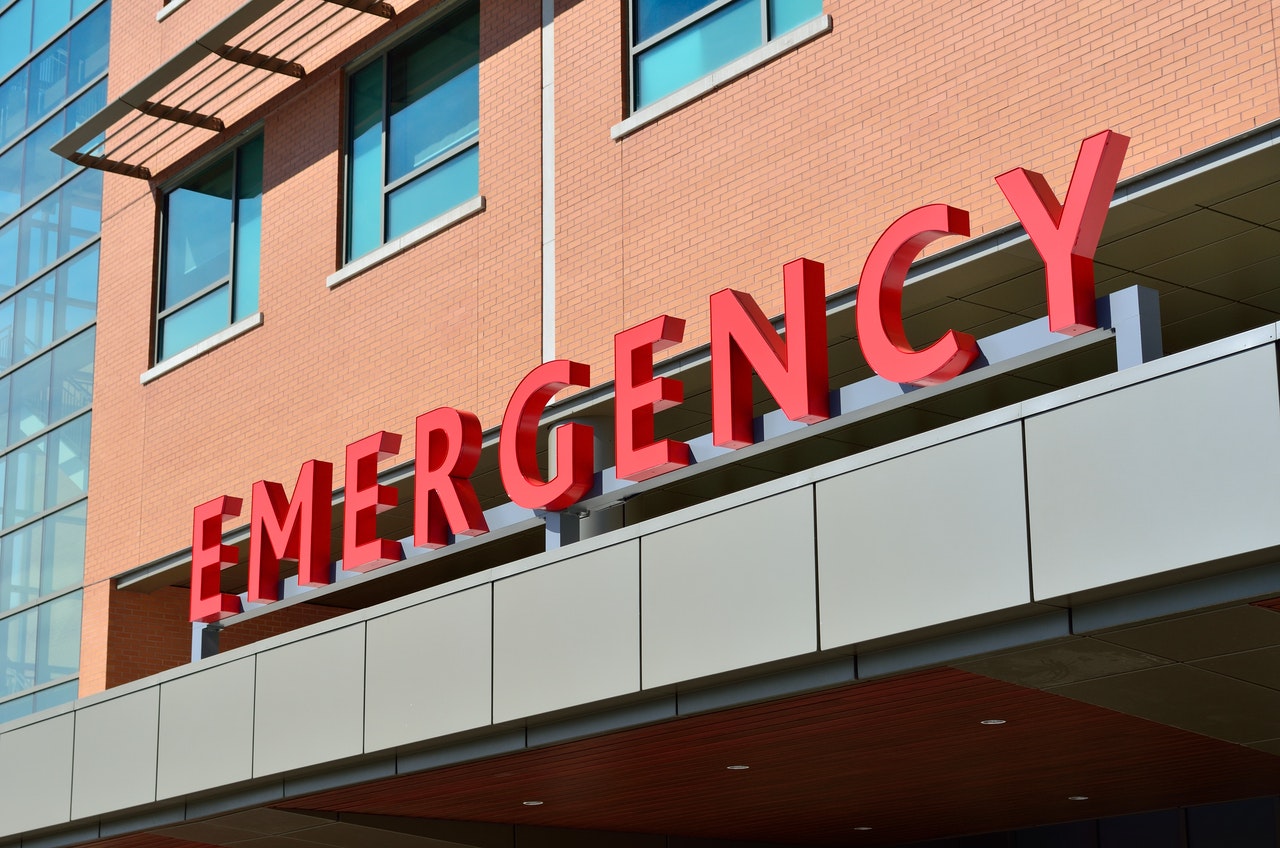
#2. No panicking and remain calm
Children have the tendency to start crying, screaming and losing guard or panic when they see or sense that their beloved one is not okay. So, as a parent or guardian, teach them or tell them ahead of time that when they see you in a certain way, they shouldn’t panic and that you will be okay when they follow the instructions you taught them or give them at such moments.
I was privileged to witness a mom teaching her four-year-old how to dial the emergency line when he sees mommy just lying down on the floor. The boy nodded, and they practised it for a while before he ran off to play. Apparently, the mother has an underlying heart condition and needed to prep her child to be of help in an emergency situation.
Share this Dazzling Post
#3. Building exit signs and rules
Please endeavour to teach your children the exit signs in a building. Children go through fire drills once a year in western countries starting from primary school. This helps in teaching them how to behave when there is a fire incident.
Alarms and exit signs guide people in an emergency situation. If these two are not obtainable where you live, teach your children what works where you are and how to go about it as well.
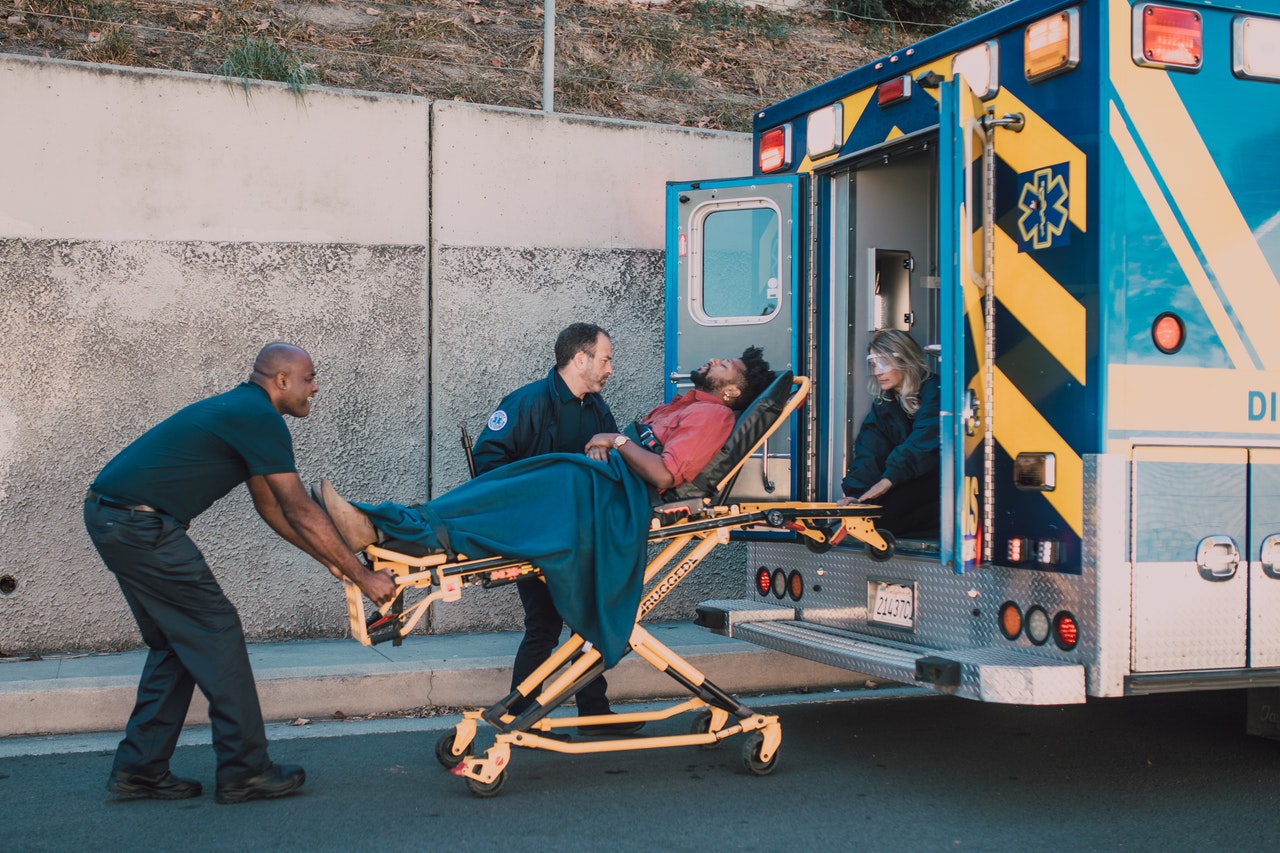
#4. Road landmarks knowledge —phone booths on high way, hospital/restaurants signs
On highways in some countries, there are phone booths to make emergency calls in case of no internet or network connections on mobile phones.
When next you go on a road trip or use a highway, let your spouse or you explain to your children signs such as that of restaurants, hospitals, gas stations, etc. It will help them to know just how far or near they are to a possible help.
On one of our road trips as a family, I taught my toddlers the meaning of the big bold blue and white parking place ‘P’ sign in case we need to park for someone to pee. They learnt it, and every time they saw it, they asked if anyone was pressed and needed to pee.
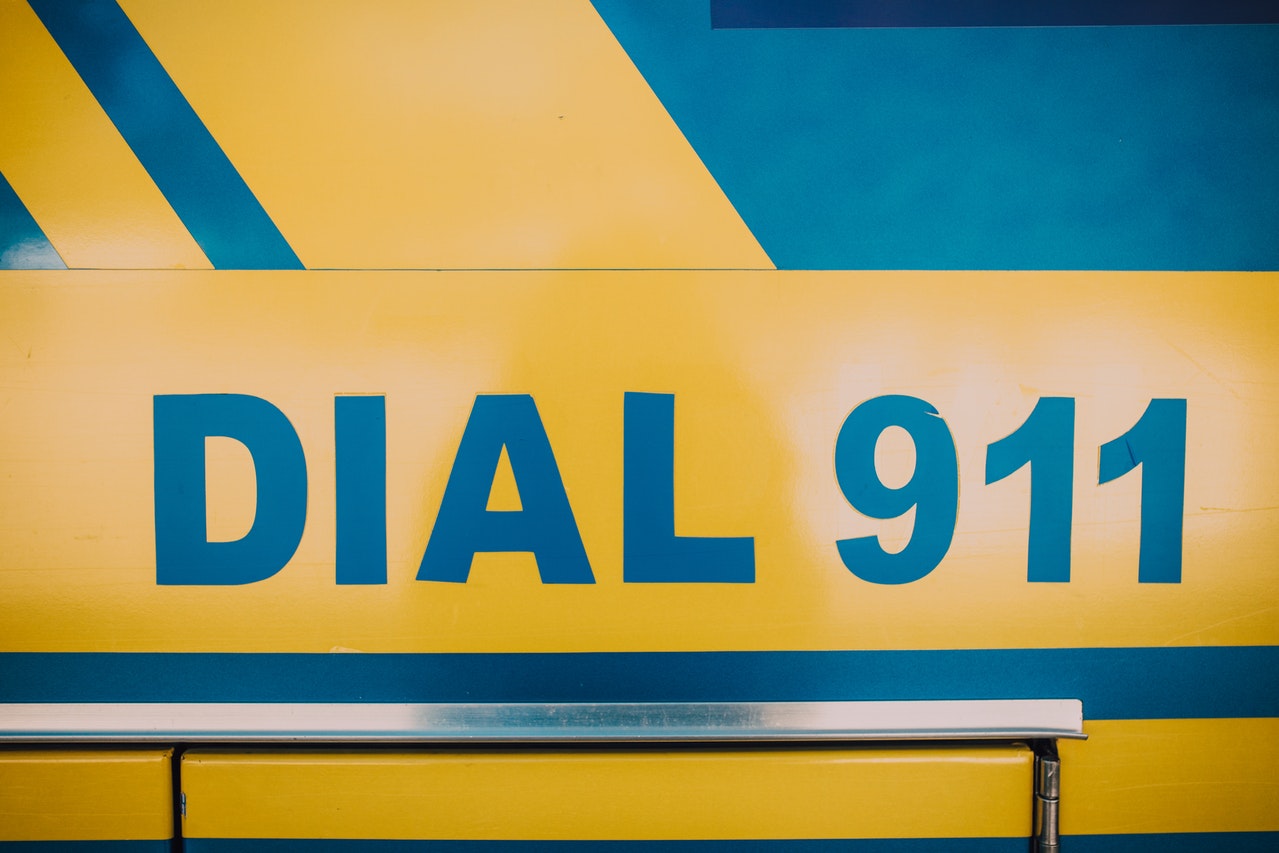
"In fact, your child knowing how to handle an emergency can be an adult’s life-saving action. It is also a survival instinct for them. "
#5. Have someone they can call or stay with
Apart from knowing the emergency line in your city or country, have at least one person that your children can call in case of an emergency. This can be their father or a trusted friend of yours.
It pays to have someone, if not people, that your children can reach out to when stranded, in an emergency situation or simply when they are helpless and need help or advice.
This also serves as a challenge to parents and guardians to crosscheck their relationships with people.
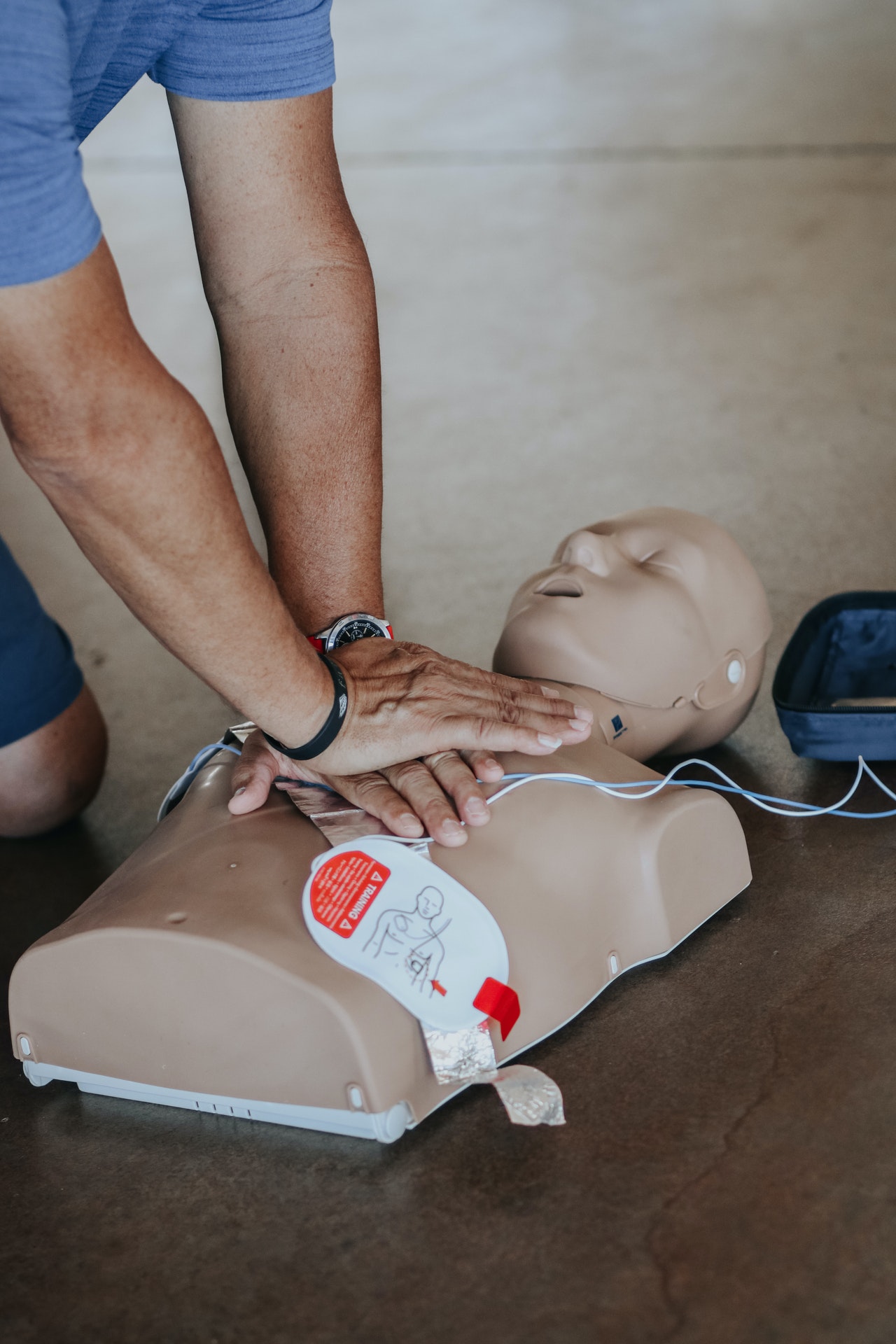
#6. Simple first aid and CPR skills
This point mostly applies to teenagers. Please teach them or have them attend a course on first aid and CPR. As teens with youthful exuberance, they need the survival knowledge and skill they can get to handle an emergency situation when they meet one.
Parenting is a call to selfless service to humanity, hence, the need to equip our children with the needed knowledge to grow and thrive. Are there other ways you know or think children can be prepared to handle an emergency situation? Please let us know in the comments section.
Let’s continue to dazzle together as we raise knowledgeable children.

